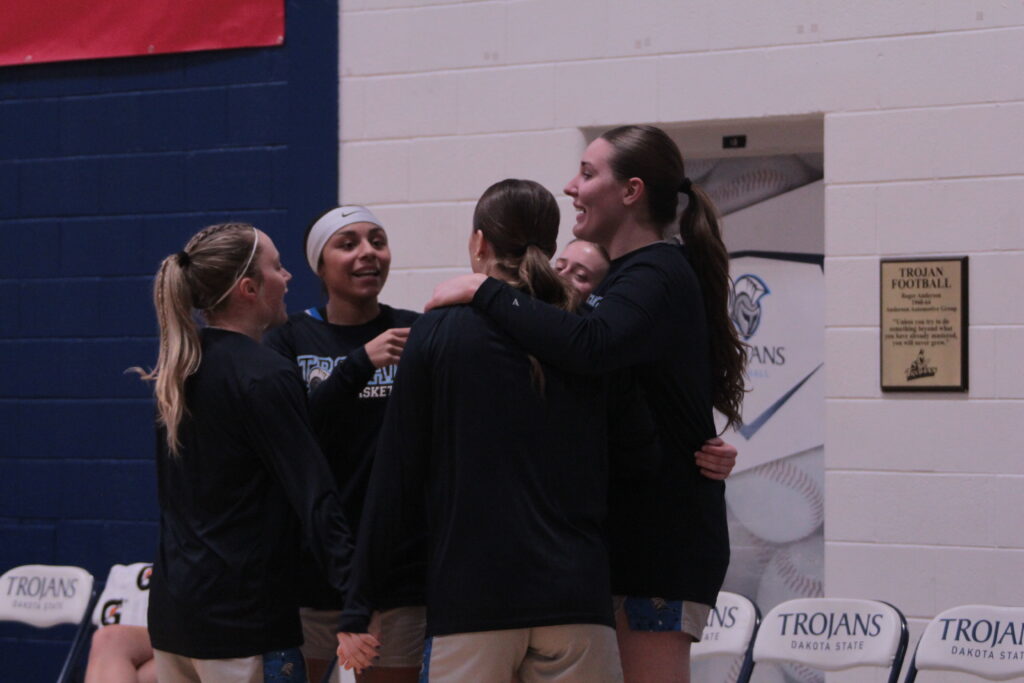Sigma Tau Delta and the SRO Process

As covered in a previous piece the SRO process had a large impact on campus and the clubs within the campus. One item that was not mentioned was the effect it had on honors societies. One of the requirements for an organization to count as an SRO is to be open to all students. This was one of the standards set by Student Senate, this has a large impact on clubs that previously existed as honors societies on campus.
An honors society is an organization that focuses on academic achievement within a certain field or overall. Often it is a requirement for a member to have a grade point average (GPA) of at least 3.0 or a B-average. Viana Waldner, a member of Sigma Tau Delta and Kappa Sigma Iota, believes honors societies are a great networking tool, “I have been offered many opportunities to network with other individuals in the field that I will someday be pursuing. Sigma Tau Delta also opens doors for members to pursue future jobs, internships, and scholarships.”
Sigma Tau Delta is an international English Honors Society. It was started in 1924 at Dakota Wesleyan University to confer distinction for high achievement in English language, literature, and writing; this is the purpose stated in their mission statement. Dakota State University has had a Sigma Tau Delta chapter since the 1930s and although it the for a few years the current chapter has remained active for the last 25 years on campus. The most notable activity that Sigma Tau Delta contributes to campus is the creation and publication of the student literary magazine New Tricks.
There have been a few problems in the SRO process that Sigma Tau Delta has run into, similar to a few other clubs. The main issue
Though this does lead to an issue in the importance of honors societies and why they have qualifications. Megan Lang, the Vice President of Sigma Tau Delta stated that honors societies help students recognize their achievements with like-minded individuals, “Honor Societies allow students who are putting in exceptional academic effort to be distinguished for their efforts, encouraging other students in what is possible and encouraging the honor students to continue to strive for the best. Honor societies also attract students who are committed to academic excellence.”
There has been another issue regarding the Sigma Tau Delta conference that students within the organization often attend. The conference is held by the international organization and is a location for students to read their accepted literary works, attend workshops, and listen to well-known authors. Jaclynn Rogers, a member that attended the conference this past March, felt the experience was impactful, “It’s an opportunity for students passionate about English to meet one another, and for those with those with experience in their careers to meet students.”
The international organization is exclusive in their membership, and only members of the organization are allowed to attend the conference; as a result, the chapter on campus has been using fundraisers on campus to raise money for the trip in the future.


